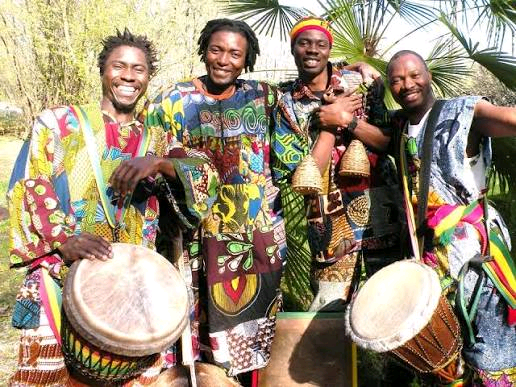Were music (Yoruba: Wéré) is a traditional Yoruba musical style performed during the Islamic holy month of Ramadan. Like Ajísárì, it is used to arouse the Islamic faithful for nightly prayers and early morning meals (suhur) in Yorubaland.
Meaning and Terminology
- Ajiwere or Oniwere refers to "one who performs were music."
- Were music differs from Ajísárì in its group-based performance style and timing.
Performance
- Typically performed by young men or boys, usually 10 or more in a group.
- They write songs and rehearse dance routines in preparation.
- Performances begin shortly after Isha'a (8:00 PM) and Tarawih prayers.
- They roam the neighborhood streets, singing and dancing until around 4:00 AM.
- Just before Eid al-Fitr, all ajiwere groups gather in a townhall competition:
- Groups compete for prizes.
- The grand prize is often a shiny silver-plated trophy.
Historical Popularity
In the early 1970s, were music: - Entered the mainstream Yoruba music scene. - Became popular alongside other genres like Sakara, Apala, Waka, and Sekere.
Key Pioneers
- Alhaji Dauda Epo-Akara (Ibadan)
- Ganiyu Kuti (Gani Irefin) (Ibadan)
- Alhaji Sikiru Ayinde Barrister (Lagos)
Evolution into Fuji
- Were music evolved into Fuji music, pioneered by Sikiru Ayinde Barrister.
- Although Barrister was known in Lagos, it was Dauda Epo-Akara who:
- Introduced him to Ibadan audiences.
- Featured him on an LP as homage to Ogunpa’s record marketers.
- Dauda Epo-Akara also released several hit SP and LP records.
Cultural Impact
Were music remains a vital Ramadan tradition among Yoruba Muslims and holds a notable place in Nigeria’s musical evolution, particularly in the genesis of Fuji music.
